Bucking the trend: Wallpaper* talks SUVs and more with Ferrari's Flavio Manzoni
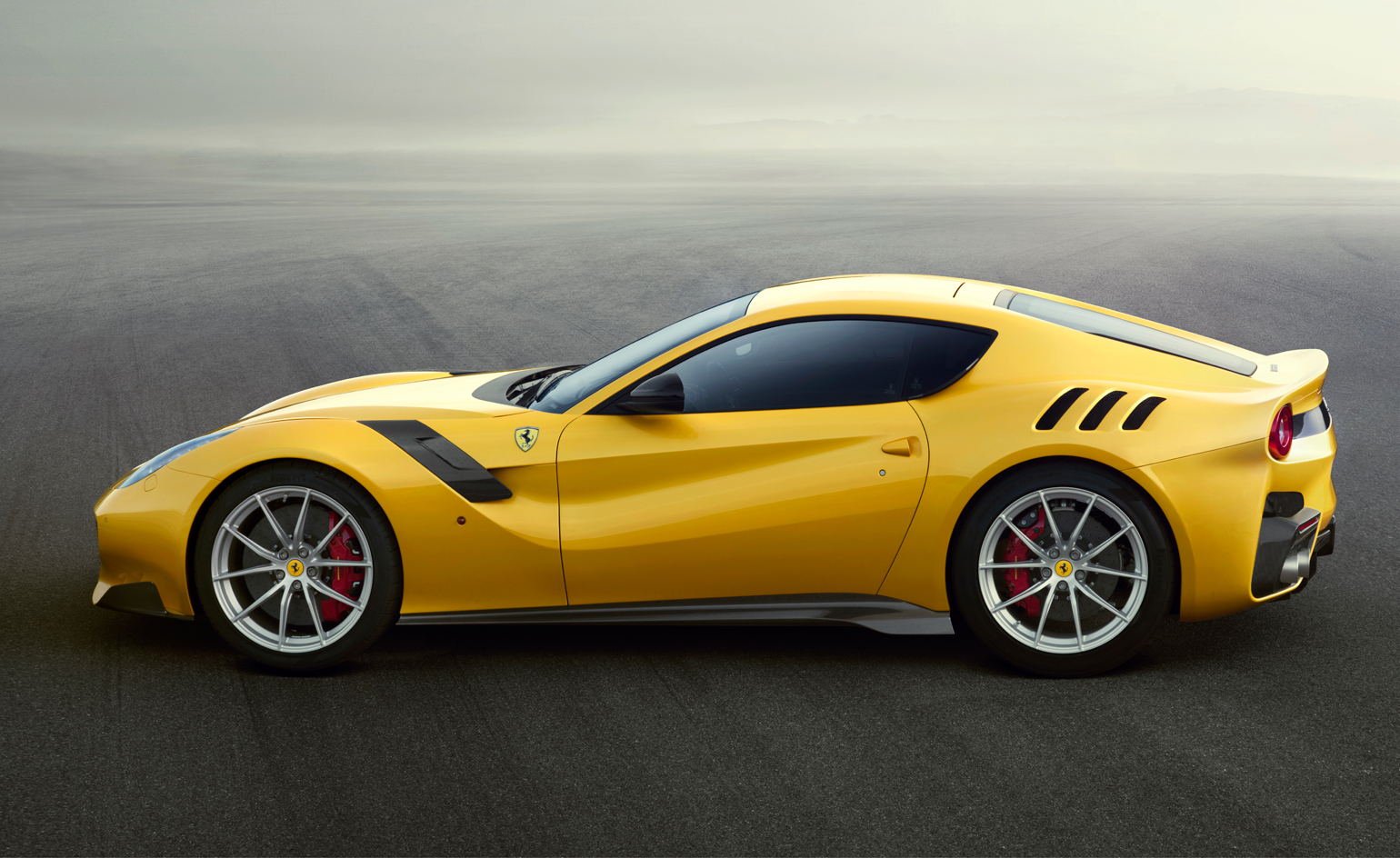
Porsche has long offered them, Bentley’s just launched one and Lamborghini and Rolls-Royce are soon to reveal theirs. But archetypal sports car brand Ferrari still says it won’t make a luxury SUV – despite the segment being one of the fastest growing in the world. Wallpaper* caught up with Ferrari’s vice-president of design – the 51-year-old, Sardinian-born Flavio Manzoni – to discover why he won’t be joining the SUV party, why design students need to be more imaginative and how he manages to remain curious...
W*: How long can Ferrari keep resisting the ultra-luxury SUV trend?
FM: Ferrari doesn’t want to make anything that follows a trend. We are not followers. I don’t think an SUV can be a supercar. Every time we work on a new Ferrari we try to improve every aspect, including the centre of gravity – so an SUV is not a Ferrari. I don’t understand why so many other brands are doing them. In my opinion it shows a lack of courage.
Does Ferrari have a design philosophy, and if so, what is it?
We never follow one philosophy like ‘kinetic design’, ‘flame-surfacing’ etc. These are slogans. Design is a form of language, that needs to transmit the soul of the project, so we’re not so strict on the use of a ‘family feeling’. We don’t want to have to apply the same design criteria, repeated one hundred times. This doesn’t work. We have to be more free, to take care of the processes of the brand. It’s a subtle balance.
With your enlarged in-house team do you still work with independent firm Pininfarina to design new Ferraris?
It’s a combination, but I have to say the results of the Ferrari design team are so high, it’s almost natural to develop most of the production projects in-house. Pininfarina is maybe going back its roots working as a coach-builder for one-offs and limited edition projects where the skill is to create a new body for an existing Ferrari. Due to the increasing complexity of our cars it’s much more useful to take advantage of the synergy of working in-house with the departments. Geographically there are a lot of advantages too; we can meet immediately to discuss design engineering issues, it’s so fast. We work at the same speed as a Formula 1 department.
What abilities do you seek when recruiting new designers?
Normally what I look for is a really gifted designer, able to imagine, not to sketch, to find something. The capability to dream and think about something that is completely new is not easy. Most of the students today are too cautious. There is a mental pollution.
How do you find inspiration for new designs?
Curiosity about the world, not just cars, means you have a more creative mind. A humble approach is really important too. I’m a bit upset about so-called novelties that are not new. I would like to see more boldness. We never make fake things. Every air intake we make is because we need it. Look around and there are so many fake air intakes, even closed ones. This is not design.
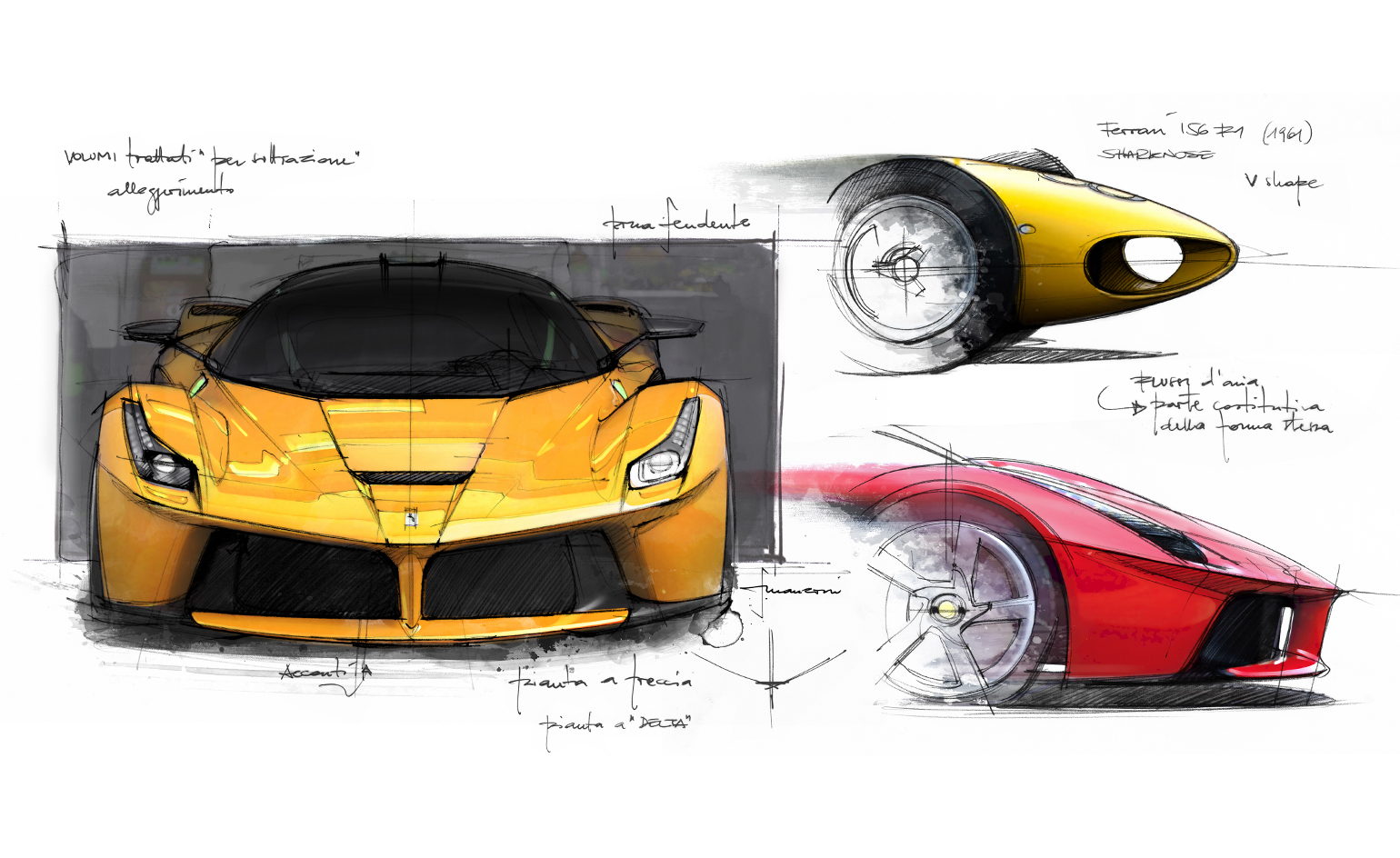
Manzoni explains, 'Ferrari doesn’t want to make anything that follows a trend. We are not followers. I don’t think an SUV can be a supercar.' Pictured: sketch of a Ferrari 150
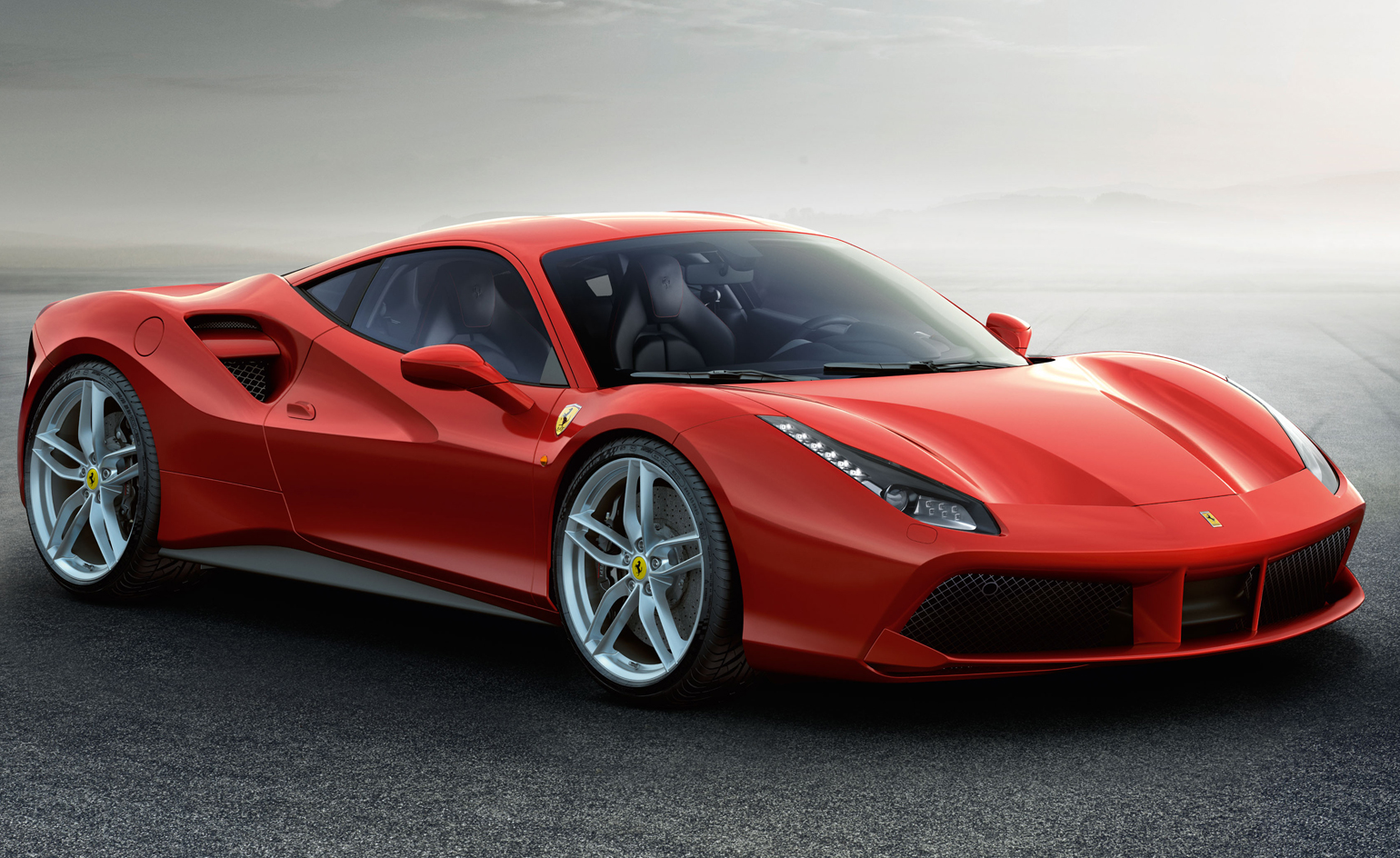
He continues, 'We don’t want to have to apply the same design criteria, repeated one hundred times. This doesn’t work.' Pictured: Ferrari 488
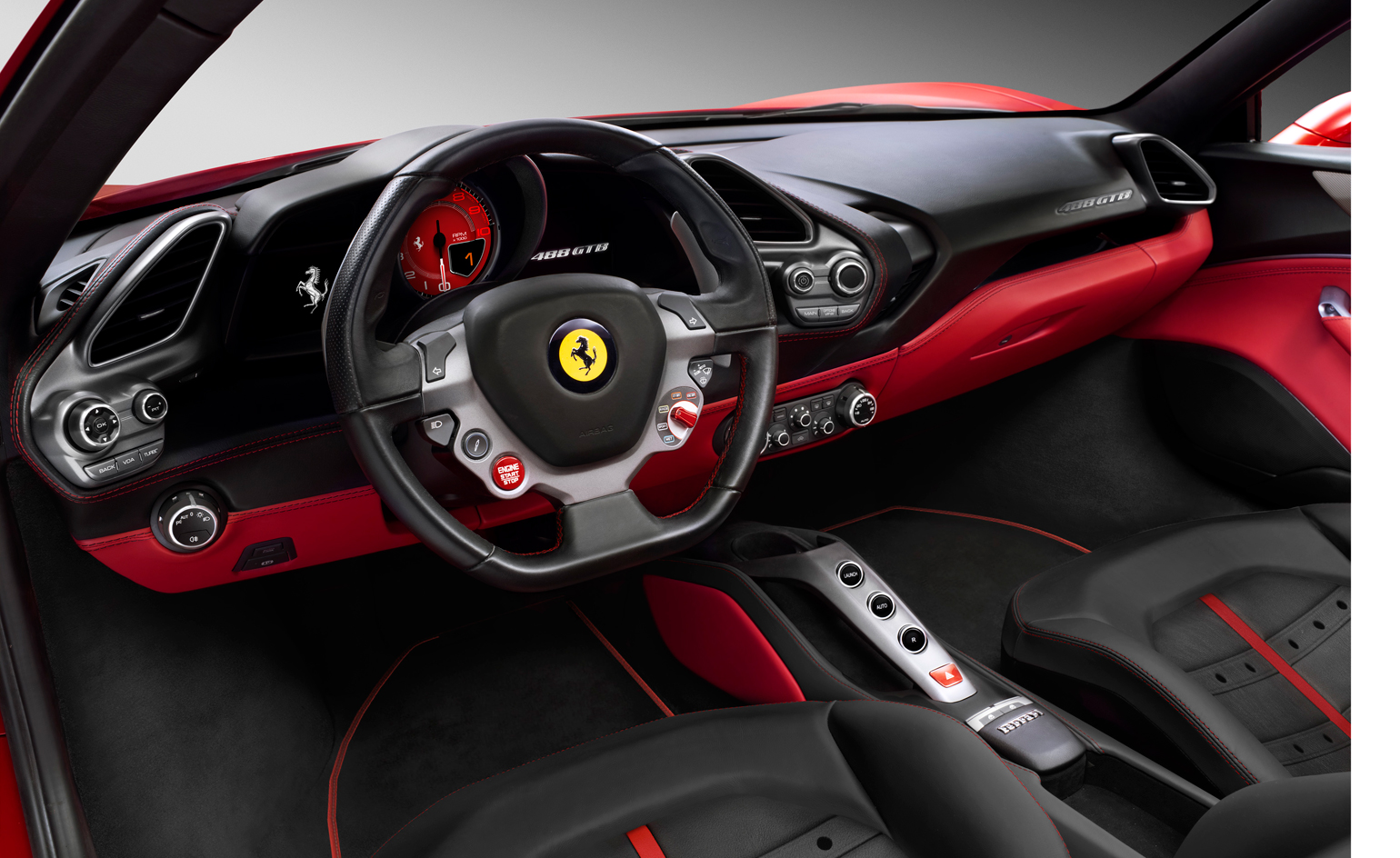
The team at Ferrari find inspiration in their 'curiosity about the world, not just cars'. Pictured: the Ferrari 488's internal dashboard
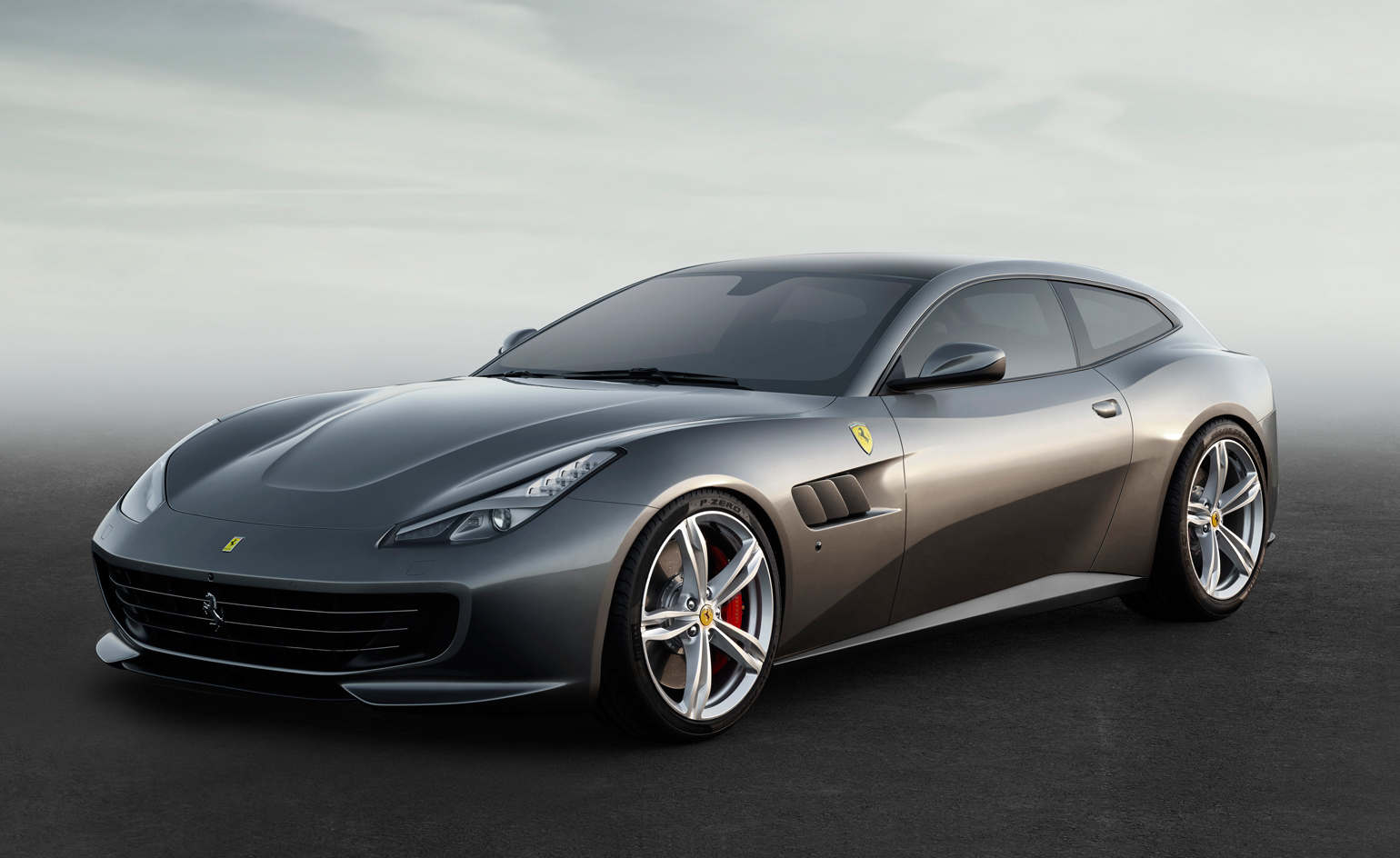
'I’m a bit upset about so-called novelties that are not new,' Manzoni adds. 'I would like to see more boldness. We never make fake things.' Pictured: Ferrari GTC 4
INFORMATION
Excerpt from Car Design Review 3, published by Ultima, £50, out now
Photography courtesy Ferrari
Wallpaper* Newsletter
Receive our daily digest of inspiration, escapism and design stories from around the world direct to your inbox.
Guy Bird is a London-based writer, editor and consultant specialising in cars and car design, but also covers aviation, architecture, street art, sneakers and music. His journalistic experience spans more than 25 years in the UK and global industry. See more at www.guybird.com
-
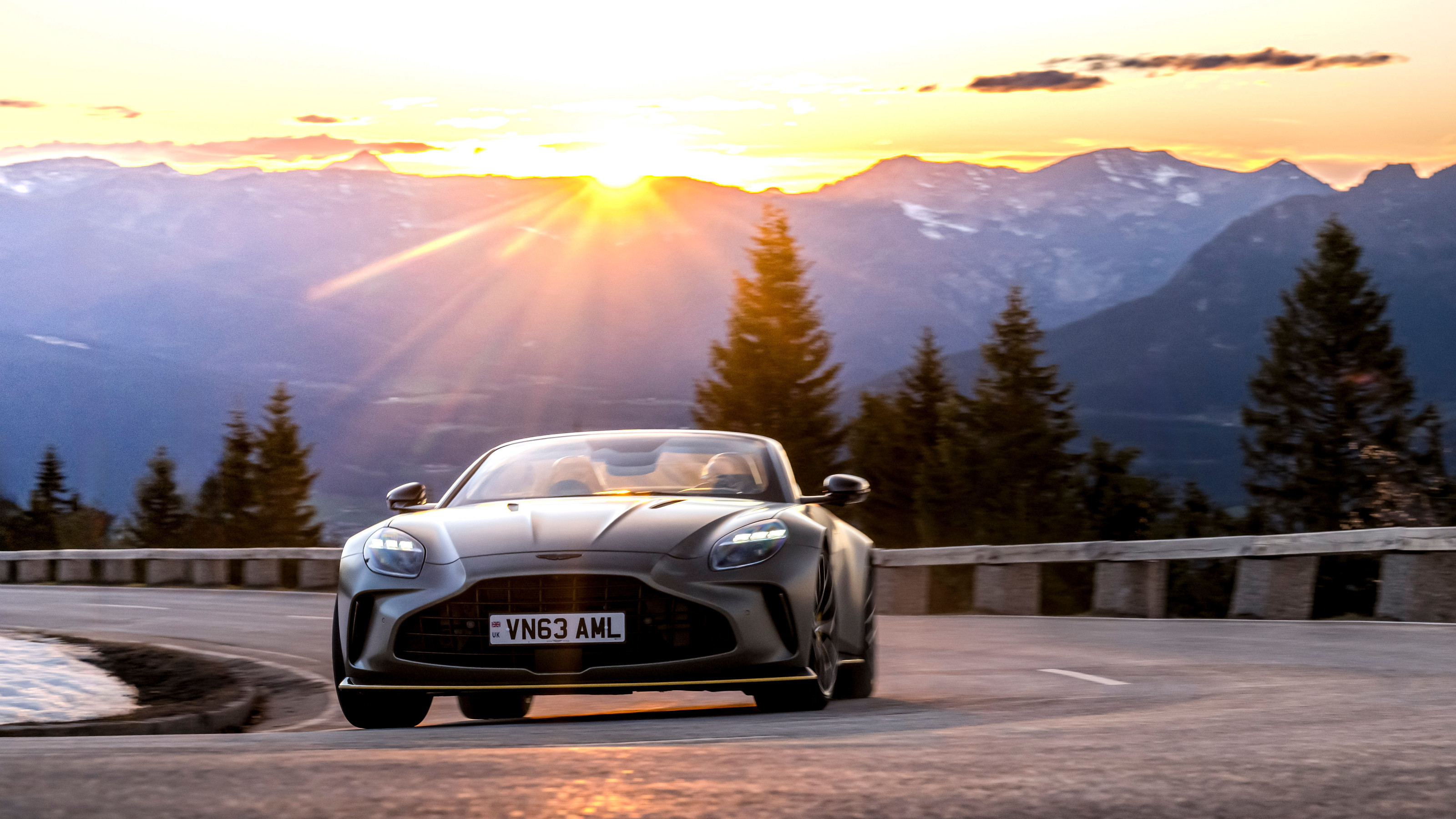 We savour the new Aston Martin Vantage Roadster on twisting Austrian roads
We savour the new Aston Martin Vantage Roadster on twisting Austrian roadsAston Martin launched its newest convertible, the Vantage Roadster, in the Austrian mountains, offering the chance to drive for driving’s sake and nothing more
-
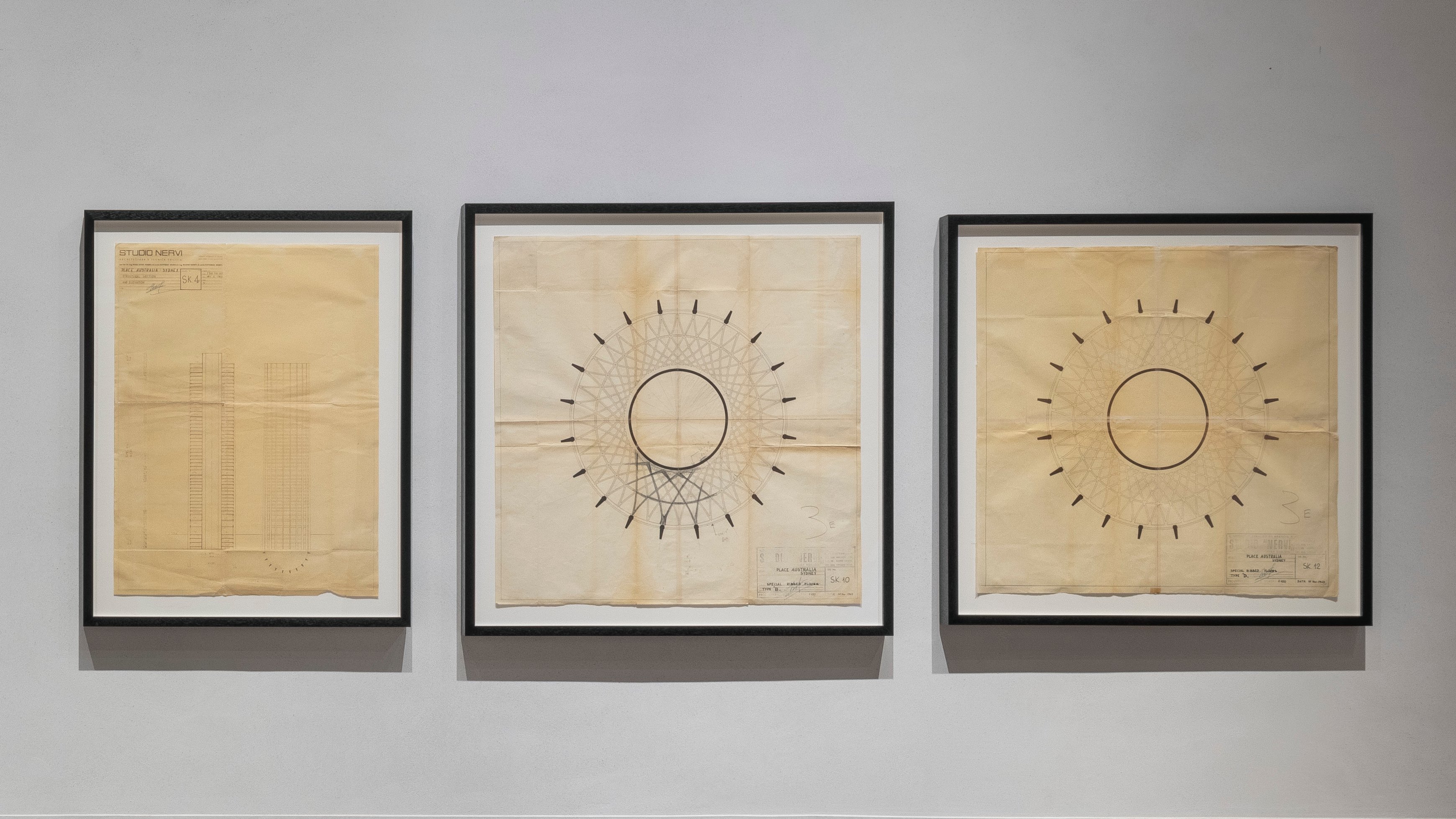 SMAC Venice hosts a substantial show about celebrated Australian modernist Harry Seidler
SMAC Venice hosts a substantial show about celebrated Australian modernist Harry SeidlerA comprehensive overview of the life and work of the late architect Harry Seidler helped inaugurate Venice’s new SMAC gallery in Piazza San Marco
-
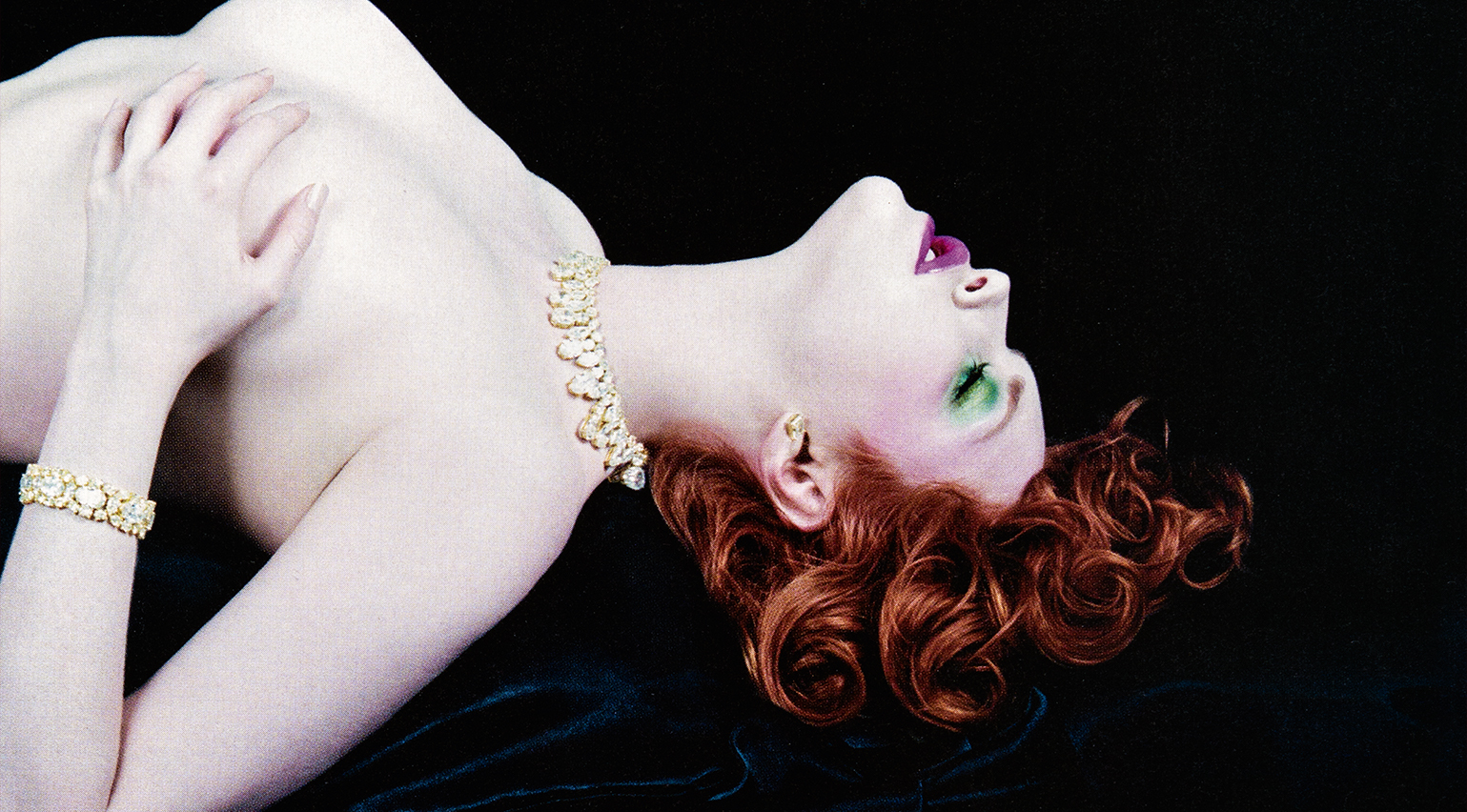 Sex, scent and celebrity: what perfume ads of the 2000s reveal about consumer culture today
Sex, scent and celebrity: what perfume ads of the 2000s reveal about consumer culture todayIn All-American Ads of the 2000s, the latest instalment of Taschen’s book series chronicling print advertising across ten decades, a section on perfume is a striking precursor for consumerism in the age of social media
-
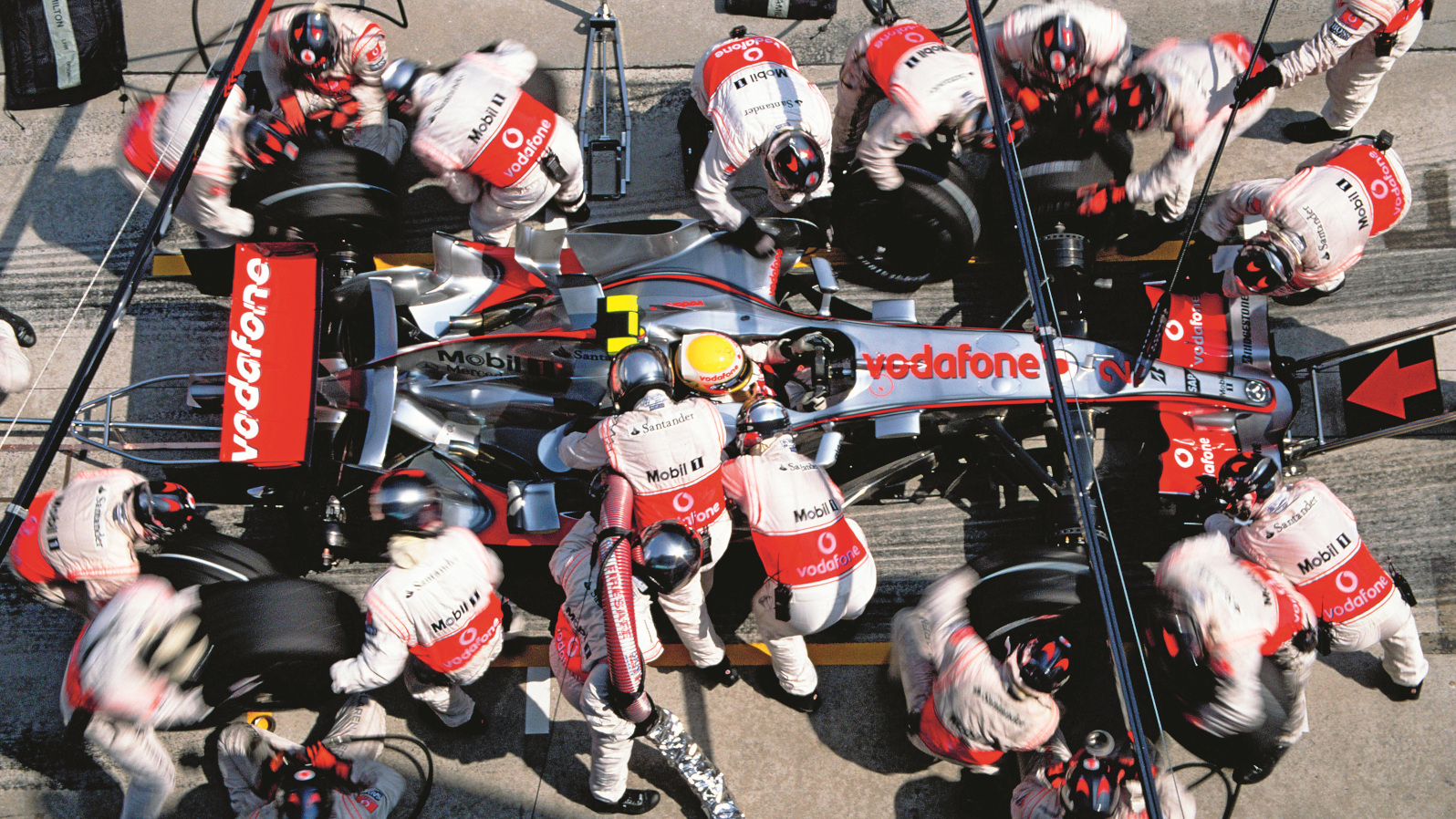 Formula 1 in photos: 100 memorable moments
Formula 1 in photos: 100 memorable momentsA new book, ‘Formula 1: The Impossible Collection’, marks 75 years of the motor-racing championship – a history full of tenacity, triumph and tragedy
-
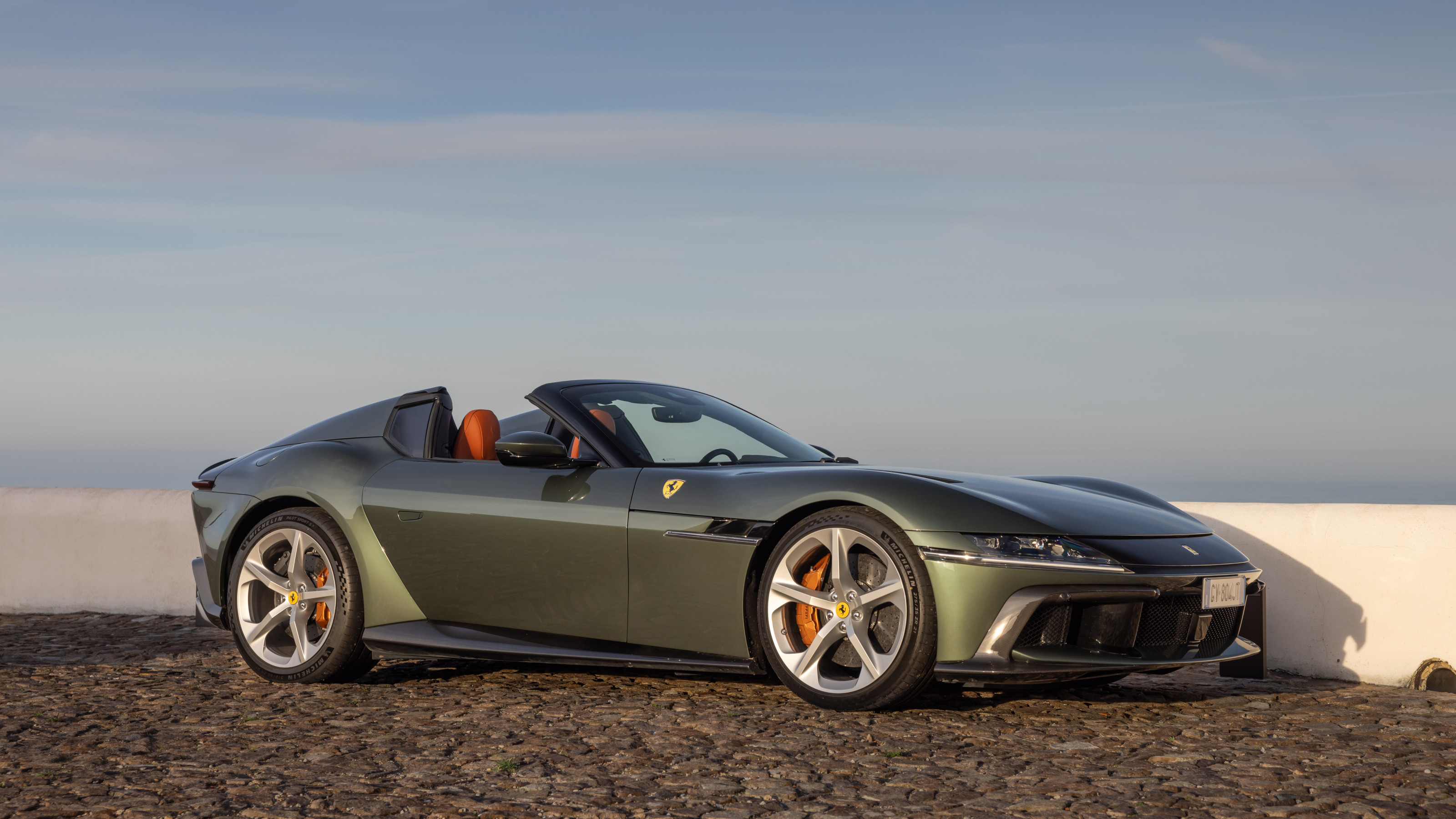 Ferrari drops the top on its mighty 12Cilindri super coupe to create the elegant Spider
Ferrari drops the top on its mighty 12Cilindri super coupe to create the elegant SpiderWe drive the new Ferrari 12Cilindri Spider, a last and glorious hurrah for the sound of the V12
-
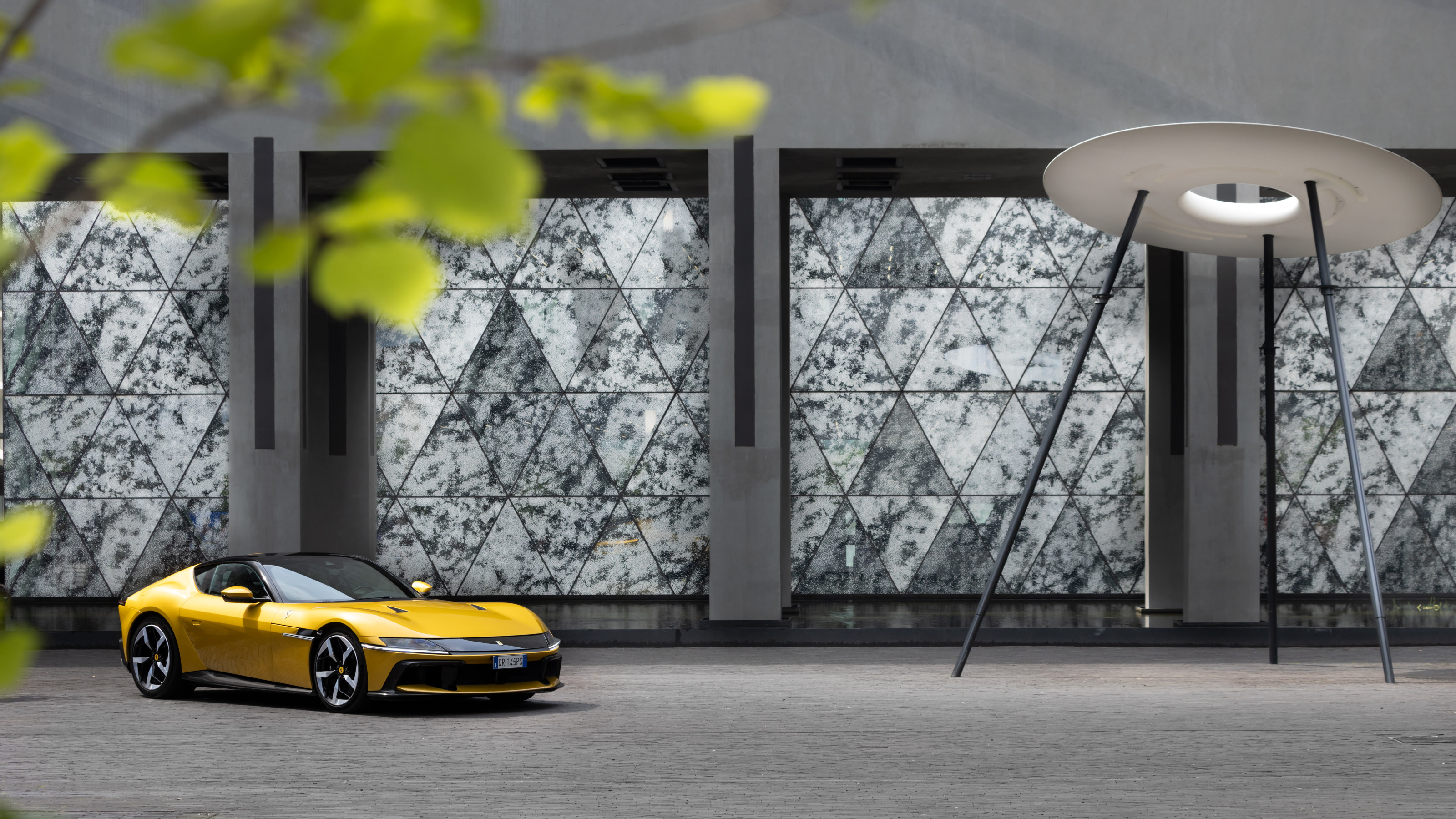 The Ferrari 12Cilindri is the ultimate expression of the marque’s greatest engine
The Ferrari 12Cilindri is the ultimate expression of the marque’s greatest engineWe sample Ferrari's latest, the mighty front-engined grand tourer that bears a simple descriptive name, 12Cilindri
-
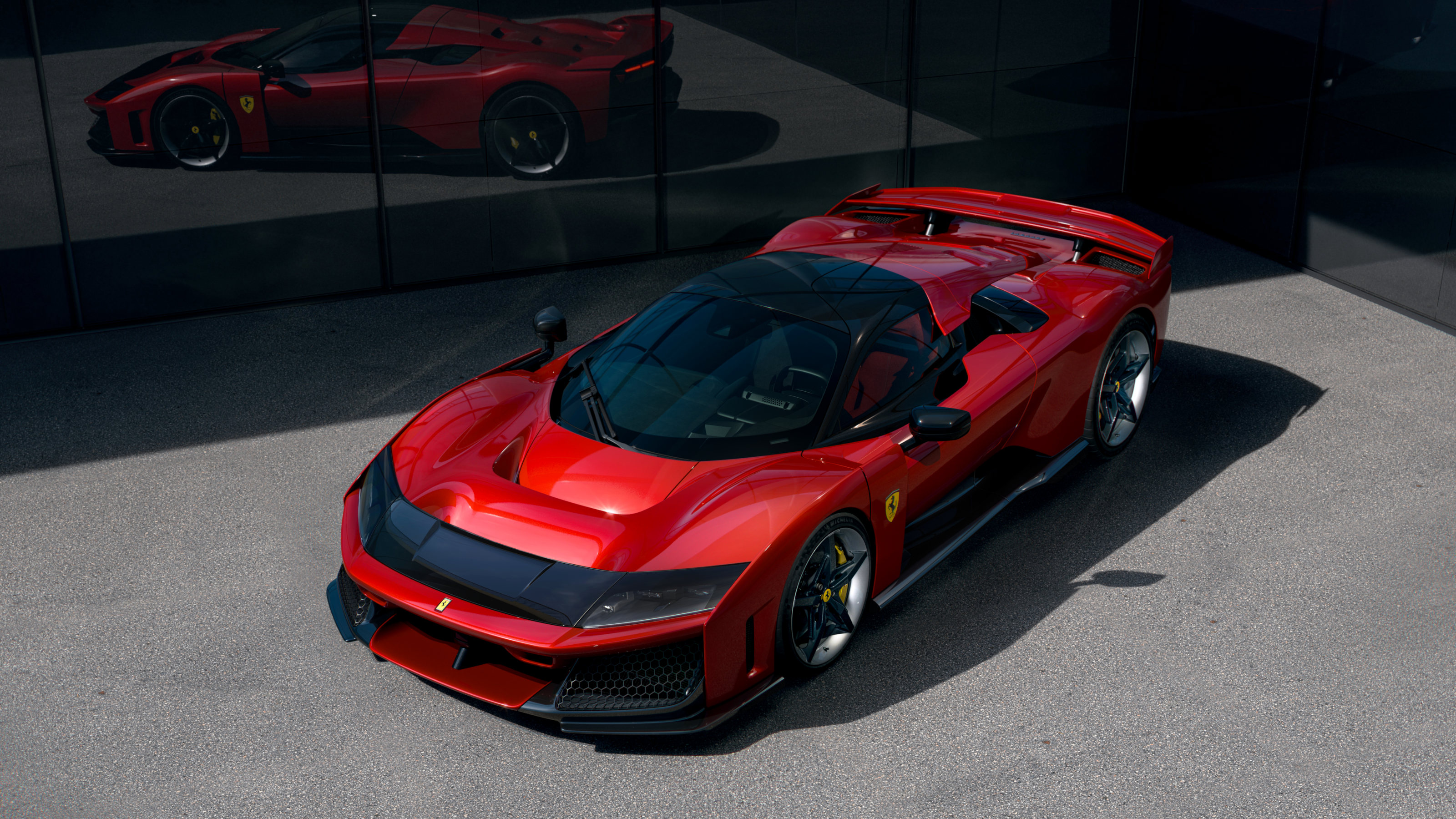 The Ferrari F80 continues the company's tradition of using supercars to showcase tech
The Ferrari F80 continues the company's tradition of using supercars to showcase techJust 799 examples of Ferrari’s ferociously complex and high-tech styled F80 will be made, helping give shape to the sports cars of tomorrow
-
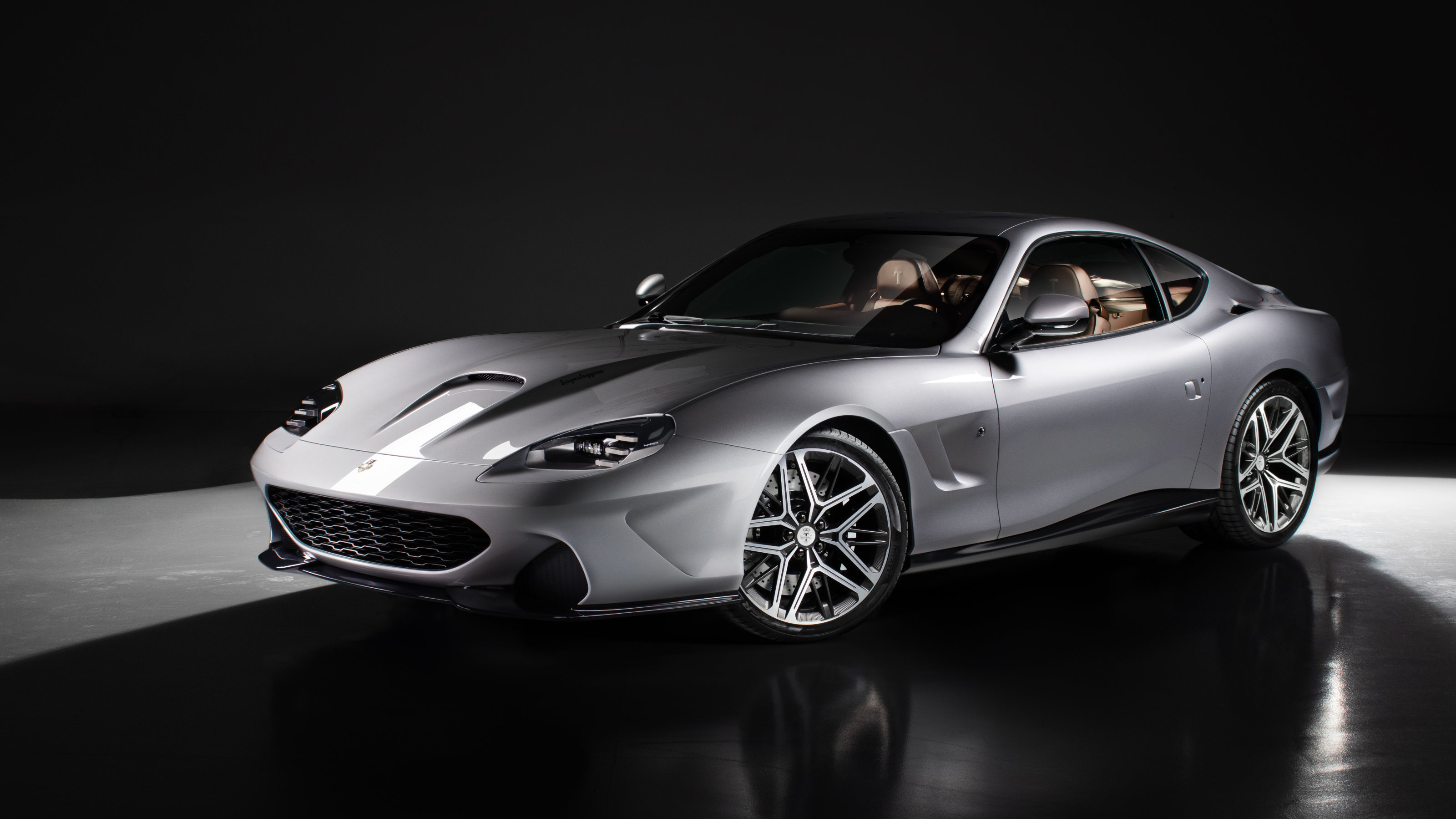 A 90s icon of Italian sports car design is reborn as the Veloce12 by Touring Superleggera
A 90s icon of Italian sports car design is reborn as the Veloce12 by Touring SuperleggeraCarrozzeria Touring Superleggera have transformed the Ferrari 550 Maranello into an all-analogue, carbon-bodied GT for the modern era
-
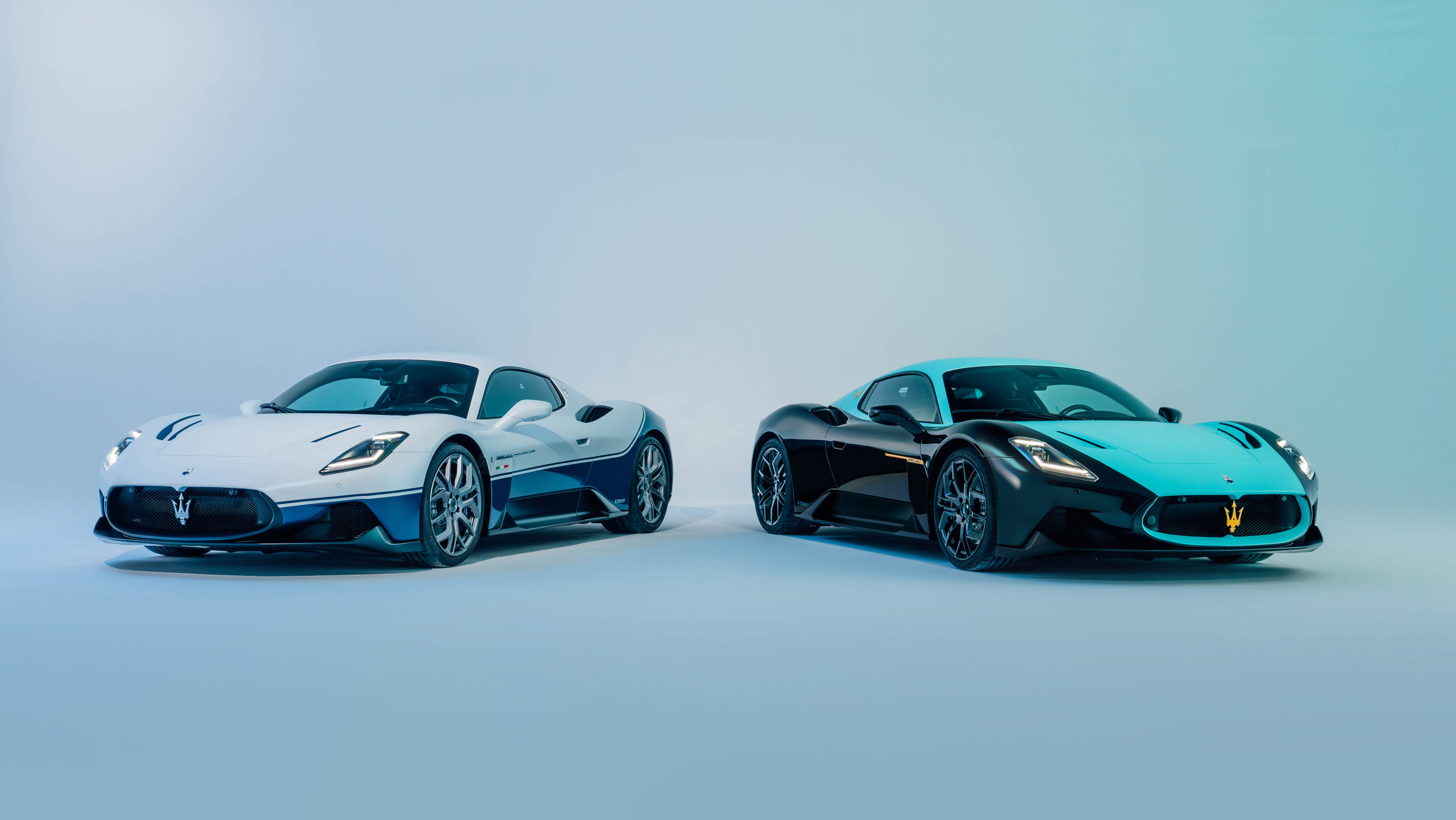 Meet two new Maserati MC20 supercars, the Leggenda and the Icona
Meet two new Maserati MC20 supercars, the Leggenda and the IconaThese Maserati MC20 special editions honour the company’s racing heritage and the 20th anniversary of the Maserati MC12 hypercar
-
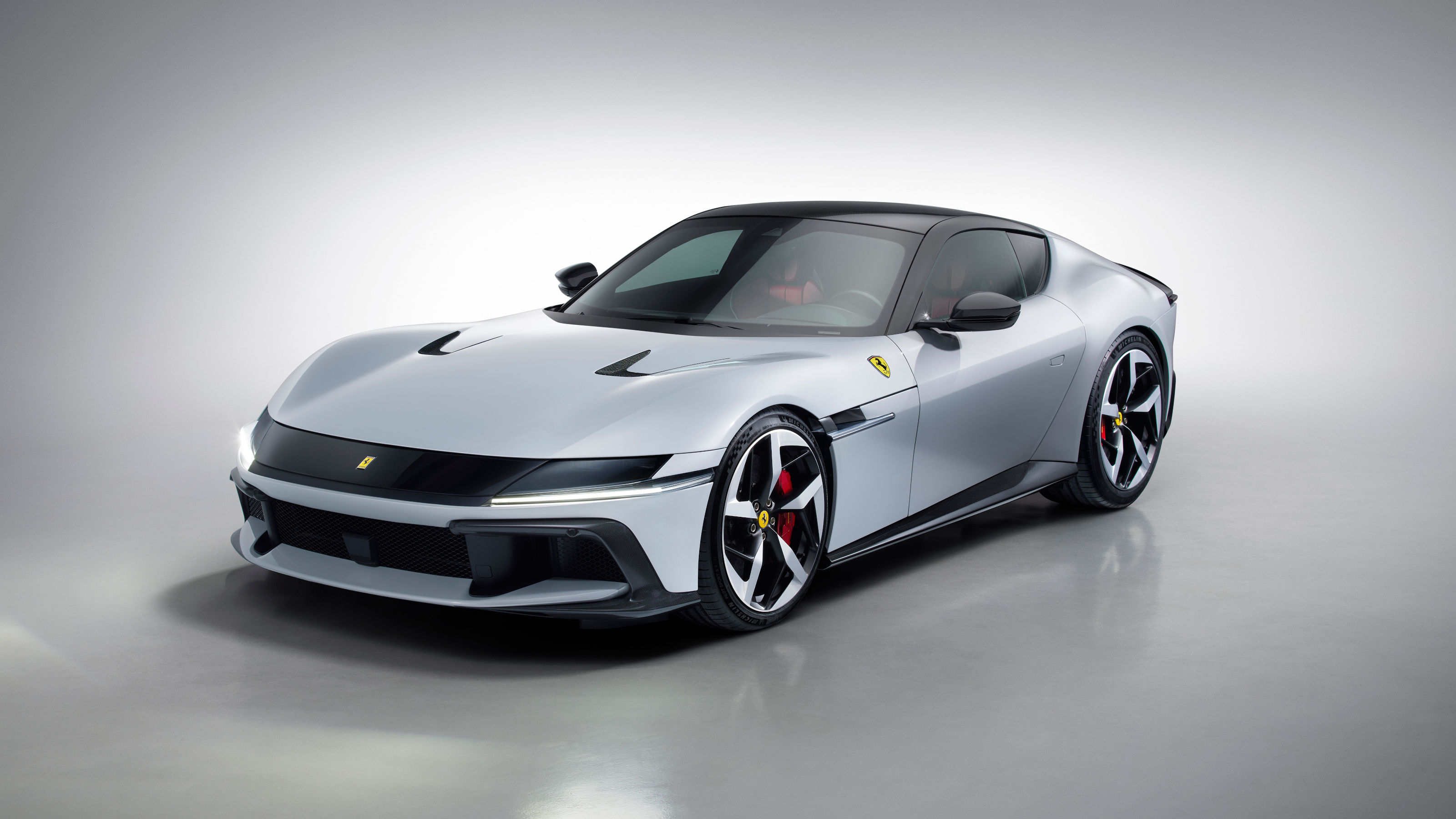 New Ferrari 12Cilindri is a purist, V12-powered two-seater Berlinetta
New Ferrari 12Cilindri is a purist, V12-powered two-seater BerlinettaThe new Ferrari 12Cilindri, available as both a coupé and a Spider, pares back the brand’s classic design tropes to bare essentials to create a timeless luxury GT
-
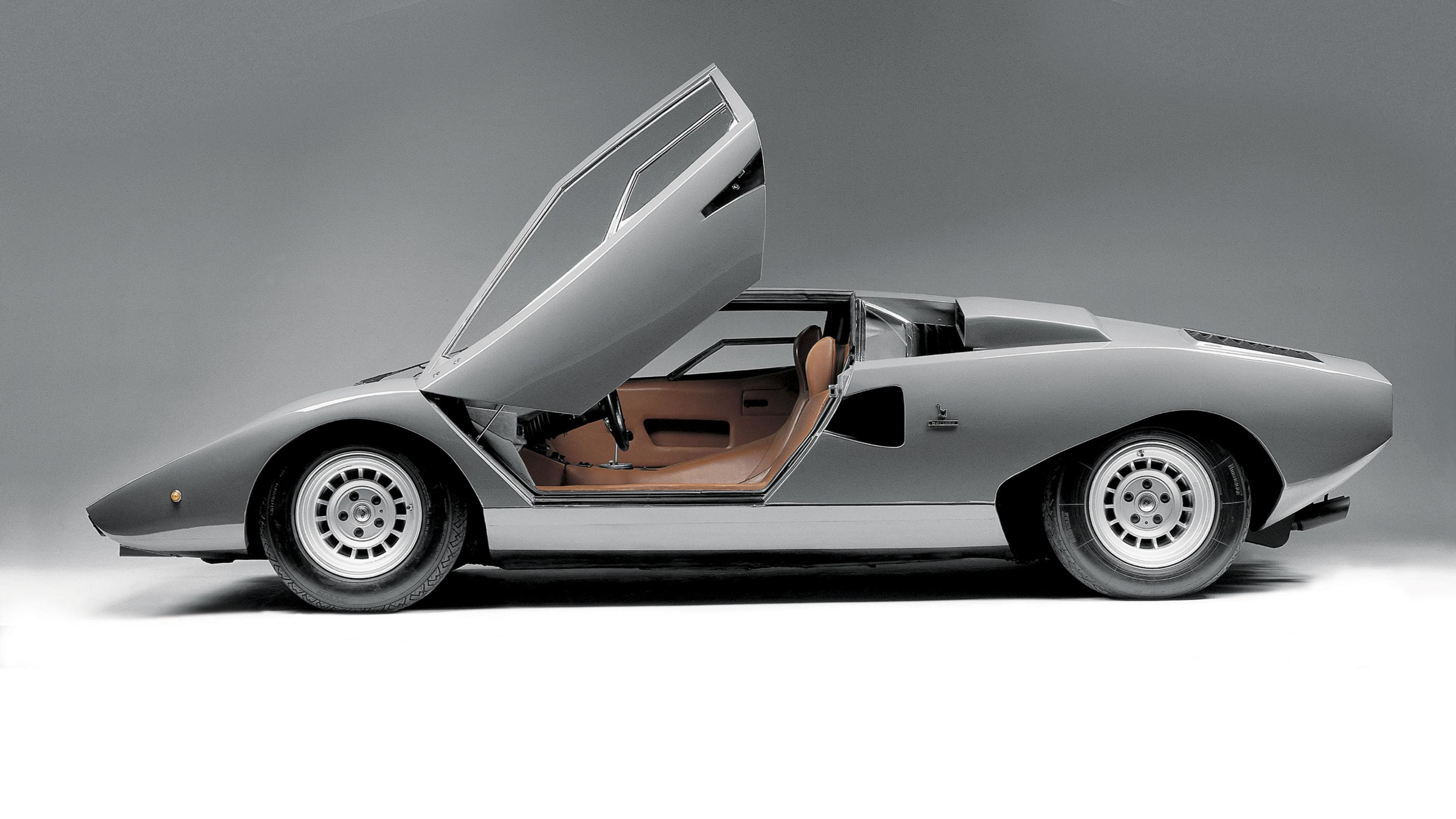 In memoriam: automotive designer Marcello Gandini (1938-2024)
In memoriam: automotive designer Marcello Gandini (1938-2024)As the man behind the form of the modern supercar, Marcello Gandini was hugely influential. We look back at some of his most accomplished designs